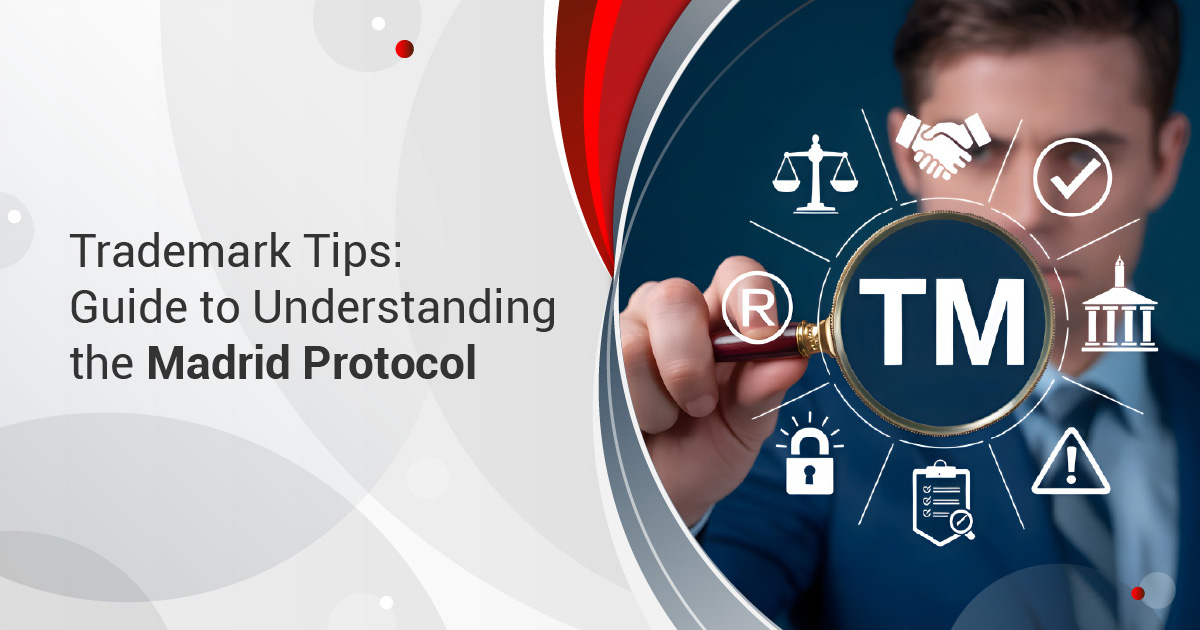Read our Blogs
Delve in detail into industry insights and information and gain valuable perspectives and understanding of the different sectors with our business blogs.
How Can Businesses in Singapore Ensure Long-term Growth Amid the US Tariffs?
There is no doubt that the global trade structure has transformed with the United States’ implementation of broad tariffs on worldwide imports. For Singapore, where international trade is the absolute…What is the Cost of a Bad Hire and How Can You Get it Right?
Hiring the right talent is one of the most important decisions businesses make as employees are central to the success and growth of any organisation. However, a single bad hire…Applying for an International Trademark: How Can You Overcome These Challenges?
It is a common Singapore story we have seen many times before: a business is growing and thriving in Singapore, its brand is gaining well-deserved recognition, and international expansion is…Madrid Protocol vs Paris Convention: Which is Better for Global Trademark Registration?
When expanding your business internationally, protecting your trademarks is a critical step to ensure brand recognition and legal security. Two key systems for global trademark registration – the Madrid Protocol…Your Ultimate Guide to Understanding a Special Purpose Vehicle (SPV)
A Special Purpose Vehicle (SPV) is a legally distinct subsidiary created to isolate financial risk and safeguard the parent company’s assets. Commonly used across industries such as real estate, finance,…Trademark Tips: Guide to Understanding the Madrid Protocol
What comes to mind when you think of IP protection? Protecting intellectual property (IP) through trademark registration is a common and crucial way for businesses and individuals looking to safeguard…Public Liability Insurance: Essential Protection for Singapore Businesses
Public liability insurance is an essential part of business insurance, safeguarding against claims from third parties who have experienced injuries or property damage due to your business operations. This insurance…Skills Development Levy: How Much Must Employers Pay?
The Skills Development Levy (SDL) is a mandatory contribution that employers in Singapore must pay for their employees. This levy is designed to support the development, promotion, and upgrading of…Best Practices When Outsourcing to a Company Secretarial Service in Singapore
Outsourcing company secretarial services is a strategic move for businesses in Singapore seeking to ensure compliance with regulatory requirements while streamlining operations. Partnering with experienced professionals allows companies to mitigate…How Can Payroll System Software in Singapore Benefit Your Business?
Managing payroll efficiently is a critical aspect of running a business. For companies in Singapore, leveraging payroll system software can streamline operations, ensure compliance with local regulations, and save valuable…ESOPs in Singapore: A 2025 Guide for Startups and SMEs
Employee Stock Ownership Plans (ESOPs) have become an increasingly popular tool for startups and SMEs in Singapore to attract, retain, and motivate top talent. ESOPs offer a unique way to…How is Singapore a Safe Haven for Wealth Management Despite Soaring Tariffs?
We can all acknowledge that the contemporary global trade environment is at a crossroads of almost unprecedented uncertainty. From the sweeping 10% baseline tariff imposed by the United States on…Common Compliance Mistakes That Company Secretarial Services Can Help Prevent
As transparent and accessible as Singapore’s markets are, there are still strict regulatory frameworks that pose major hurdles, particularly for small and medium-sized companies. Getting corporate secretarial duties wrong can…Overcoming Common Hiring Challenges in Southeast Asia
Southeast Asia presents prosperous opportunities alongside a challenging recruitment landscape in 2025, marked by, like most other markets, quickening digital transformation and the growing adoption of AI-powered tools across business…Important Things to Know About Payroll Management in Singapore
Much to their detriment, many see payroll management as just a back-office function that simply calculates wages and processes bank transfers. In reality, payroll in Singapore demands synchronised compliance across…How Will Outsourcing Shape the Future of Payroll in Singapore?
It is clear to those paying attention that Singapore’s payroll sector faces a fundamental shift. Traditional in-house processing is giving way to strategic external partnerships, with Deloitte’s 2025 Payroll Benchmarking…How Can Startups Benefit From Outsourcing to a Corporate Secretarial Service Provider in Singapore?
When you launch a startup in Singapore, having dependable corporate secretarial services is necessary and convenient. Your business will rely on a combination of expert company secretary services, meticulous bookkeeping,…Understanding Board Resolutions in Singapore
Board resolutions play a vital role in shaping the framework of corporate governance in Singapore. These formal decisions, made by a company’s board of directors, serve as the backbone of…Tips to Avoid Personal Income Tax Filing Mistakes for Self-Employed Persons in Singapore
Self-employed individuals form a considerable and vital part of Singapore’s economic fabric, representing 12.2% of the workforce in 2023. These workers drive innovation and growth across various sectors – from…- 1
- 2
- 3
- …
- 22
- Next Page »




















